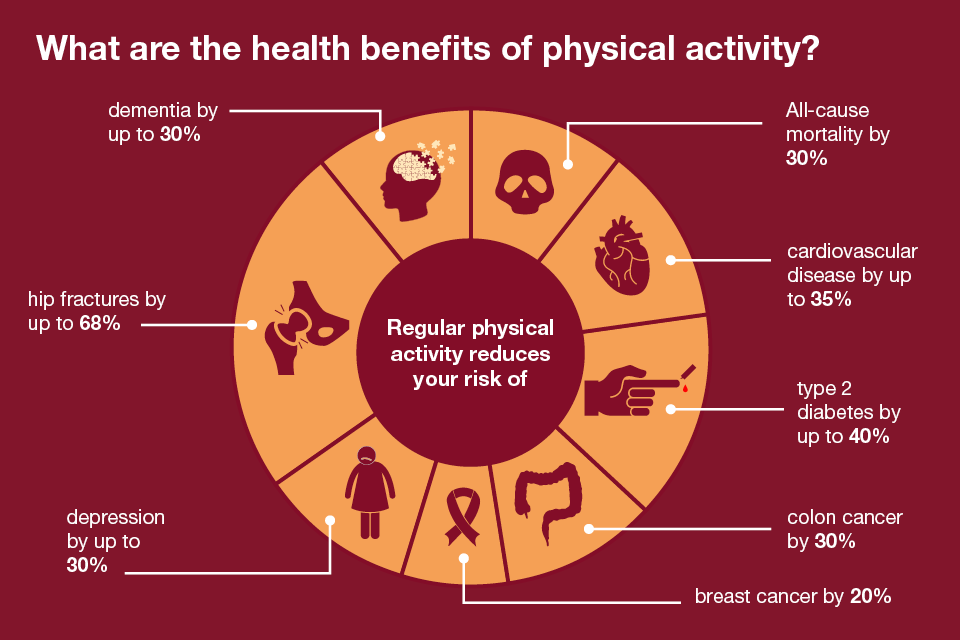World Mental Health Day: How active and sustainable travel supports mental and physical wellbeing

Event organisers, venue managers, and sustainability leads play a crucial role in supporting the health and well-being of audiences, while also working toward a more sustainable future. On October 10th, as World Mental Health Day is observed, it’s an opportunity to reflect on how decisions can have a lasting impact on both individuals and the environment.
Many factors contribute to better mental health, such as regular social interaction, maintaining a balanced work-life schedule, practicing mindfulness, and staying active. However, one often-overlooked factor is how we travel. Active and sustainable travel methods — such as walking, cycling, and using public transport — not only contribute to a healthier environment, but also play a vital role in improving both our physical and mental health.
Active travel and physical health - a natural connection
Walking or cycling to events, such as sporting matches or music concerts, provides an opportunity to incorporate physical activity into everyday routines. By choosing active travel options, people can reap numerous physical benefits, including improved cardiovascular health, increased muscle strength, and enhanced fitness levels. These health gains closely mirror the values central to sports — strength, stamina, and physical activity. For fans attending a sporting event, this shift aligns with the idea of sport itself as a celebration of physical health and achievement.
Regular physical activity has been shown to lower the risk of heart disease, stroke, and diabetes, but its benefits extend beyond just physical health. By incorporating walking or cycling into the journey to an event, spectators can engage in an activity that naturally elevates their mood, thanks to the release of endorphins. These "feel-good" hormones help reduce stress and anxiety, promoting a sense of happiness and relaxation even before arriving at a venue. For those who struggle with mental health challenges like anxiety or depression, regular physical activity can be a powerful tool in managing symptoms.
Mental health benefits of sustainable travel
Active travel also offers significant mental health benefits. Studies have consistently shown that spending time outdoors, moving your body, and interacting with the environment can help reduce feelings of stress, anxiety, and depression. This connection with nature, whether cycling through a park or walking down tree-lined streets, encourages mindfulness and relaxation. For eventgoers, walking or cycling offers a calm start to what might otherwise be a stressful experience involving traffic jams or crowded parking lots.
Beyond the physical movement, choosing public transport can also provide mental health benefits. For many, using buses or trains fosters a sense of community, offering opportunities for social interaction and a shared sense of purpose. Much like the teamwork and camaraderie that sports foster, travelling together enhances a collective experience, allowing spectators to bond over shared excitement. This sense of community is vital in combating feelings of isolation, a significant factor contributing to poor mental health.
Additionally, sustainable travel choices support broader environmental goals by reducing traffic congestion and air pollution. Cleaner air and less noise around events and venues contribute to a more pleasant atmosphere, positively influencing both the environment and people's well-being. Knowing that your travel choices contribute to a more sustainable and eco-friendlier world can also instil a sense of purpose and responsibility, reinforcing positive mental health habits.
A holistic approach to health and wellbeing
The importance of promoting active and sustainable travel goes beyond just individual benefits. Event organisers and venues increasingly recognise the role of travel in the overall fan experience. By encouraging walking, cycling, or public transport, they not only reduce their environmental footprint but also support a holistic approach to health. This approach aligns with the growing movement in sports to promote not just physical fitness, but overall well-being, sustainability, and community engagement.
In conclusion, on this World Mental Health Day, we can all reflect on how our travel choices impact both our mental and physical health. Active and sustainable travel offers an accessible way to enhance wellbeing while contributing to a cleaner, healthier environment. As spectators, fans, athletes, and everyday commuters, we can incorporate these habits into our routines, ensuring that our journeys to live events — and beyond — are as beneficial for our minds and bodies as they are for the planet.
At In the Round, our STRIVE consultancy service is dedicated to helping event organisers and venues address sustainable spectator travel through comprehensive strategies. We can go beyond helping to reduce carbon footprints, enhancing spectator experience and managing traffic impacts by also including health impact assessments as part of the service we provide.
















